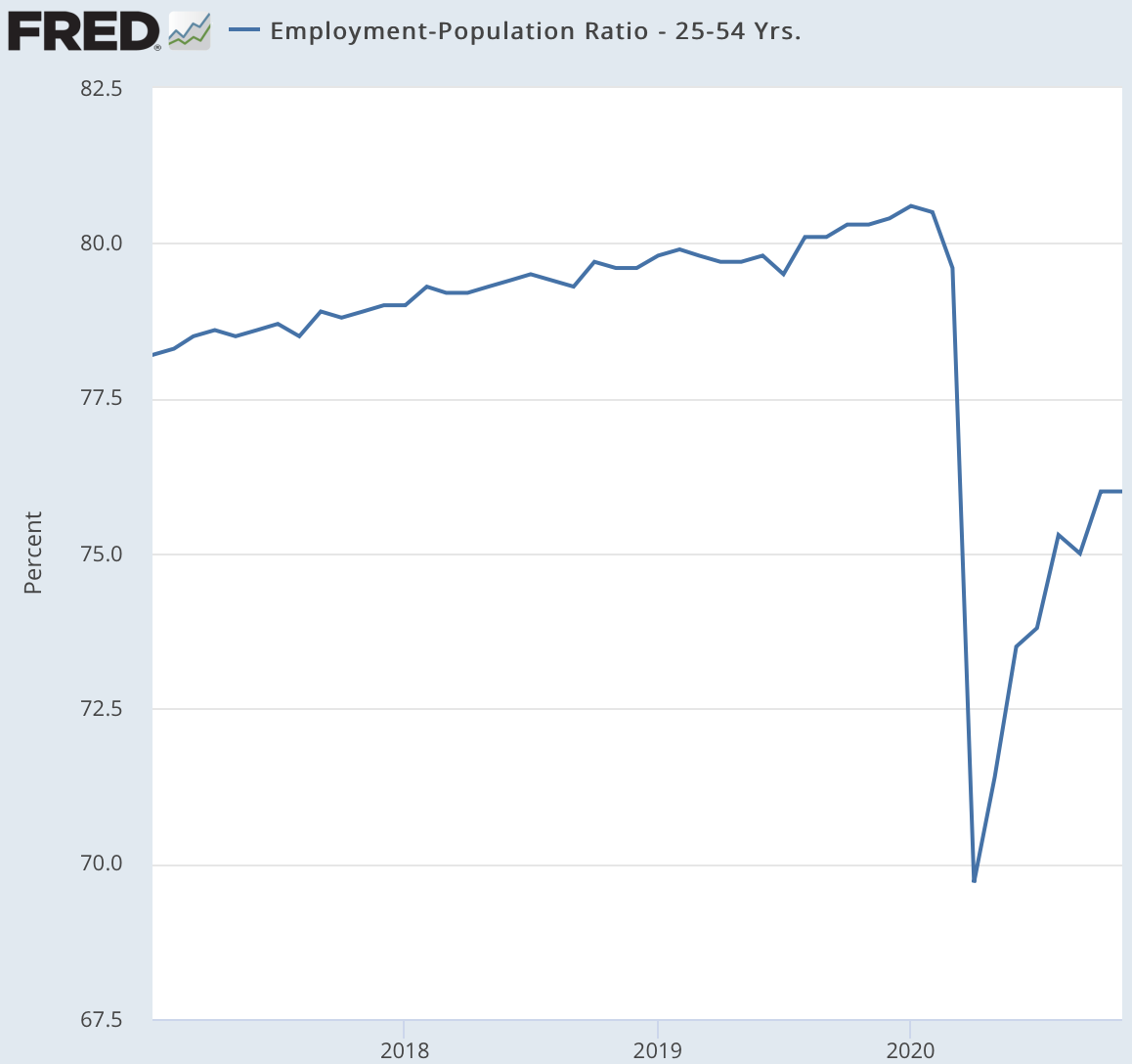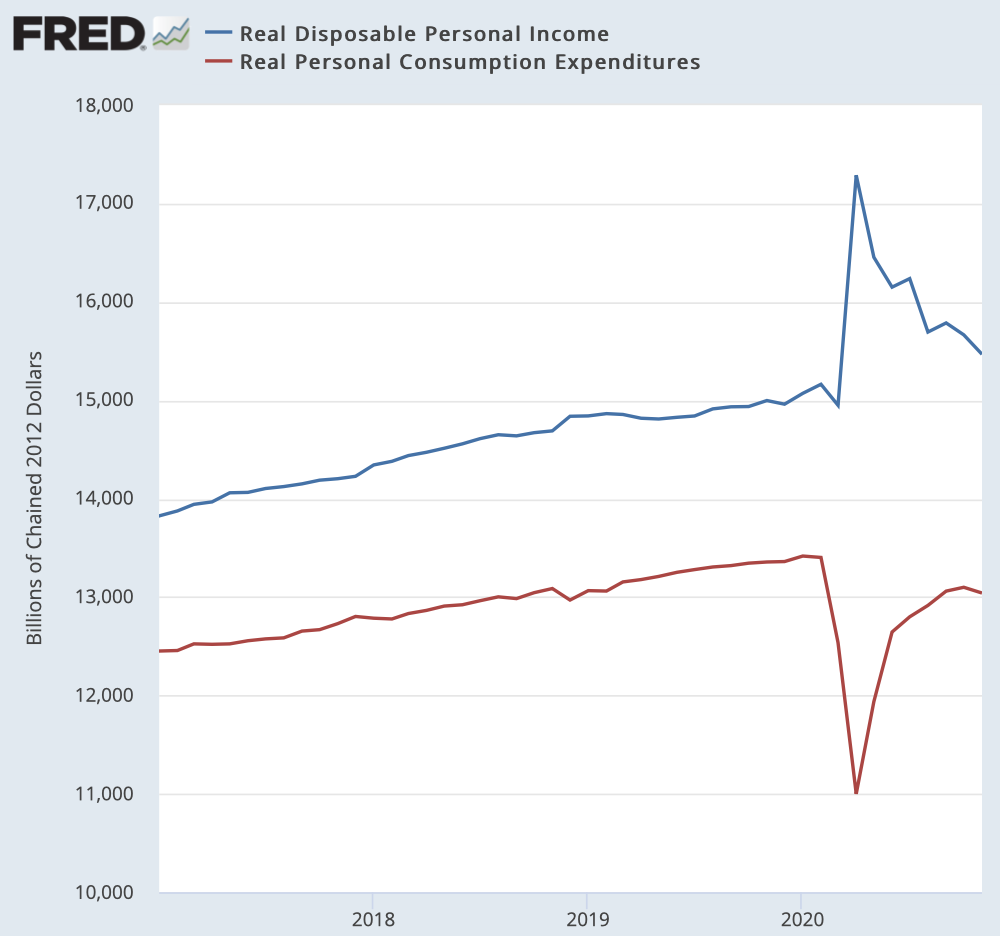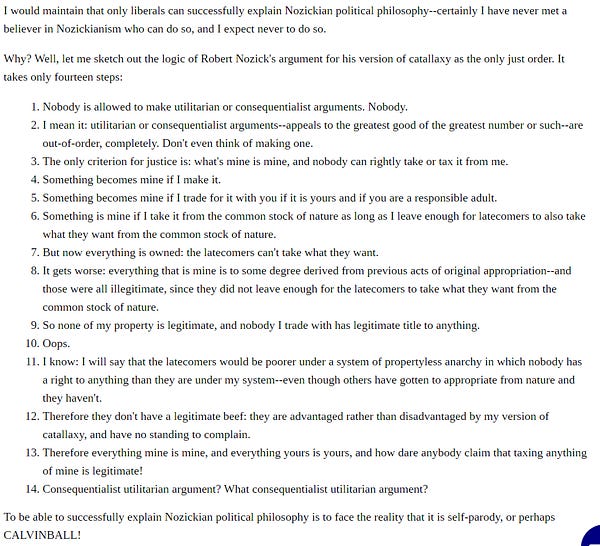And what is on my mind right now is the scale and economic impact of the coronavirus plague:
The Coronavirus Plague:
Deaths and Cases:
Reported case numbers for the coronavirus plague are worth little. Deaths—as long as the health-care system is not in collapse—tell us that there were between 100 and 200 times as many new cases three to four weeks before. It is perhaps fantastical to take Australia, Canada, Japan, Korea, and the United Kingdom—the non-continental Europe nations of the “global north”—as our “yardstick” nations. But if we do, we must be profoundly depressed both at the situation, and at how badly we have fallen short of what nations with competent governance have managed to accomplish:
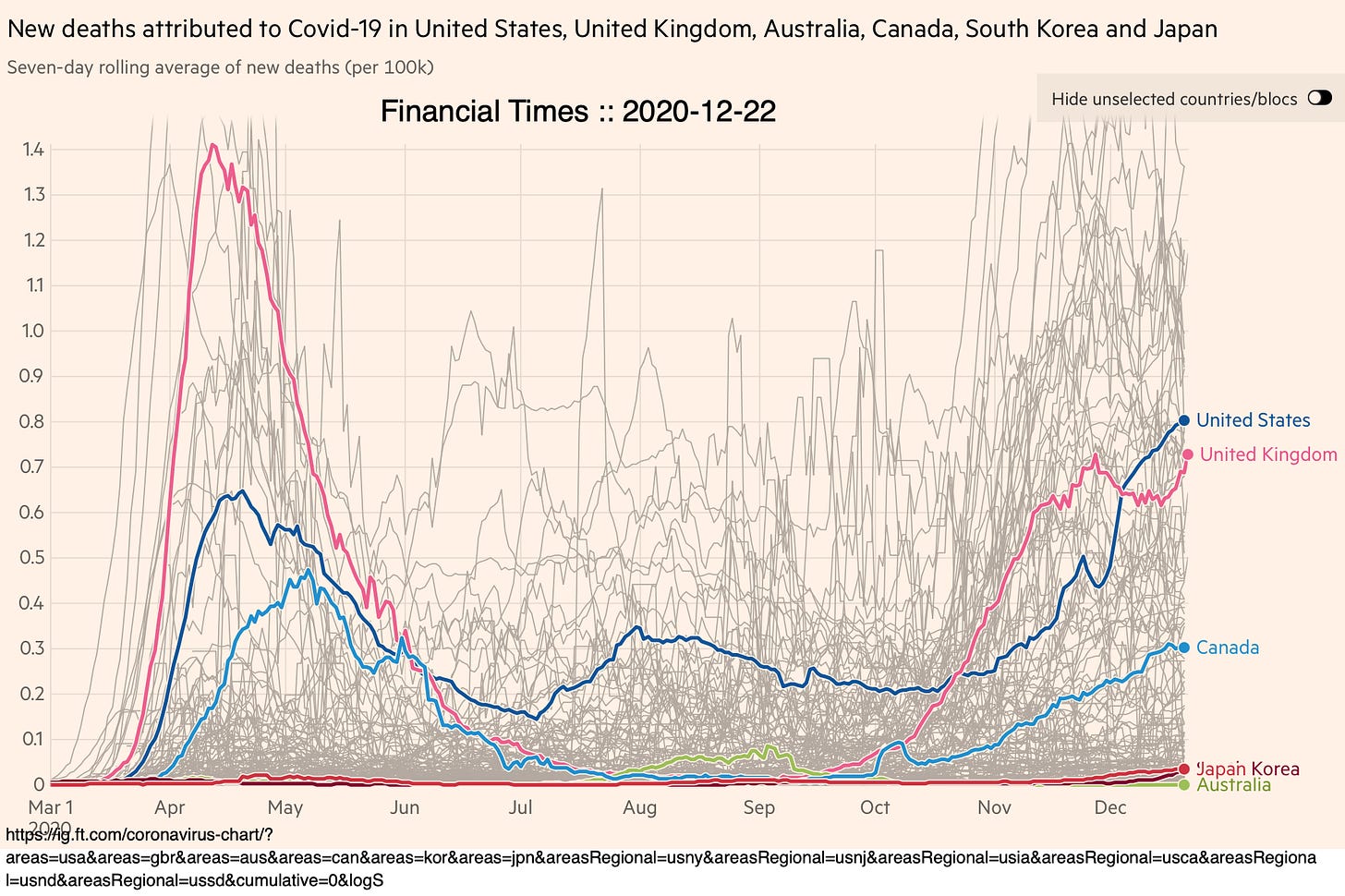
As President-Elect Joe Biden just said, the worst days of the coronavirus plague are not behind us, but ahead of us. If—and this is an if—new infections have been growing at 20% per week over the past month, the week after Christmas will see one in every sixty people in America catch the coronavirus plague. That would mean 450,000 Americans dead by inauguration day, and 600,000 dead total even if we go into an immediate three-week lockdown after inauguration day to scotch the virus back down to a level where life can then become semi-normal as the vaccines are rolled out.
We really ought to have gone into a three-week lockdown in July, or October, or even now, and then do what Australia, Japan, and Korea do—test-and-trace-and-test-and-isolate, putting up suspected patients in quarantine hotels. After a three-week lockdown, caseloads are low enough that this Australia strategy has only a trivial cost at the national level.
But we are not going to do that. And I do not envy Joe Biden’s people for the decisions they will have to make on January 21. What to do then really depends on how fast the vaccine rollout proceeds, and how effective the vaccines are against tomorrow’s virus in the real world.
“But the Economy!”
“But the economy!” do I hear you say? Hopefully few of you have been brainwashed into thinking that letting-the-plague-rip was the right strategy…
Let us be clear: It is, overwhelmingly, fear of the virus that is constraining demand and thus production right now, not government restrictions on economic activity. If people were willing to risk the virus, they would be spending at a furious pace right now and the economy would be back to full employment. They aren’t. It isn’t. The recovery is stalled, and a second dip is likely as fear of the virus grows over the next month. Letting grandmas die of the virus by the hundreds of thousands is not a road to rapid economic recovery:
And as for the argument—made to me by John Allison, formerly of CATO, in a debate I had with him last week—that it is not very costly to society for the aged to die of coronavirus? As I understand the numbers, in America pre-coronavirus an 80-year-old could expect to live to 90, a 70-year-old could expect to live to 87, a 60-year-old could expect to live to 84, and a 20-year-old could expect to live to 78. You could say that the death of an 80-year-old is only 1/6 as costly to society as the death of a 20-year-old. But at $150,000/year, letting the plague rip to kill an extra 500,000 with an average age of 70 gets us a societal cost of $1.3 trillion. That’s twice as large as 2020 GDP will be below the 2019 level. Even if one buys that the “worth” of a life scales with life expectancy completely, the mortality and morbidity costs of the coronavirus plague outscale the lost-production economic costs.
Forecasting the Economy into 2021:
A good many hope for a rapid recovery once the virus plague is contained. They reason that there has been an enormous increase in Americans’ savings over the past nine months—all the extra wedge between the blue income line and what extending its pre-March trend would have given us, plus all the extra wedge between the red spending line and what extending its pre-March trend would have given us. That’s about $1.5 trillion of extra savings:
And that all of that extra savings is sitting there in household balance sheets, eager to be spent, and will be spent at a serious rate once the plague is contained.
To which I say: perhaps. Perhaps a successful vaccination campaign would be followed by a glorious Carnival, a long-lasting nationwide Fat Tuesday. But it depends on who has that extra money, and how they regard their need for financial reserves given what 2020 has taught us about risks and uncertainties. But if we do face a Fat Tuesday, then the Federal Reserve can raise interest rates to rebalance the economy. And if we do not face a Fat Tuesday, the Federal Reserve has no tools to return us to full employment and to magically reknit the societal division of labor if the consumer demand to spend enough is not there.
We as a country need to be planning for a world in which the vaccine is not followed by a long-lasting nationwide Fat Tuesday, and so be pleasantly surprised if it is and if high unemployment then ceases to be a big problem.
Things You Might Have Missed on Twitter:
From Me on Twitter:
The great conjunction, via the iPhone camera. 0.1° of separation between Jupiter and Saturn is well within the limits of the camera’s ability to resolve images:
I confess I have never understood why economics courses start their discussions with perfect competition. Monopoly is simpler. And then as you add sellers, you gain considerable insight into how competition limits monopoly power:

This is from a thread which I had the most fun reading last week:

Even good “political” reporters lose sight of what really matters. It’s an occupational disease:

From Others on Twitter:
My old teacher muses on a horrible fact about America today:

And James Medlock finds one of what I regard as my goodies from a decade ago:
Techno-optimism is a very pleasant place to visit:


I should ask Enrico Moretti when—of if—agglomeration economies and location advantages switched from being production-side and became consumoption-side features of the economy. Matt thinks it has already happened. Making a place more crowded can make it a less pleasant place to be, or a more pleasant. Perhaps in a century we will all be living in million-person kilometer-high arcologies in greater San Diego?:

There is an apology made by John Cleese’s character in the movie “A Fish Called Wanda” that is even more delicious. But this is delicious:

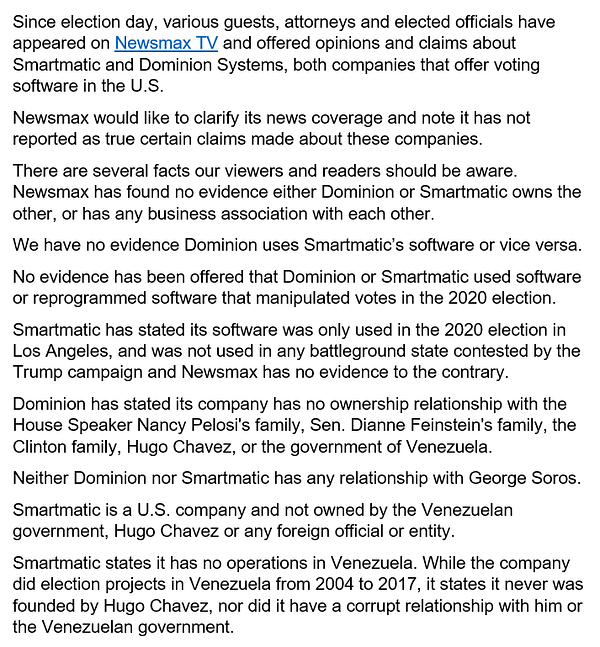
I do not think that it is the undermining of local-news journalism. I think it is that now the news network is part of the more general friends-and-family social network that has done it. But this is just a guess on my part:


I would say an attempted military coup is more likely than January 6 congressional shenanigans. But I really do not know:


Last Week, on Grasping Reality Weblog & Elsewhere:
Pairagraph: Brad DeLong & Om Malik: Is America in Decline? 2020-12-22
DeLongTODAY: Fear of Rising Interest Rates No Reason to Shy Away from Fiscal Expansion <http://delongtoday.com> 2020-12-18
Noted: Noah Smith: Excited About Batteries | Phipps: View of Hitler as of 1933 | Phipps: View of Hitler as of 1935 | Phipps Diary | Randall Munroe’s 2020 Election Map | "Bezos Charts!” | Schama: Why John le Carré Is a Writer of Substance
Briefly Noted for: 2020-12-22 2020-12-21 2020-12-18 2020-12-17
Equitable Growth Worthy Reads for 2020-12-18





